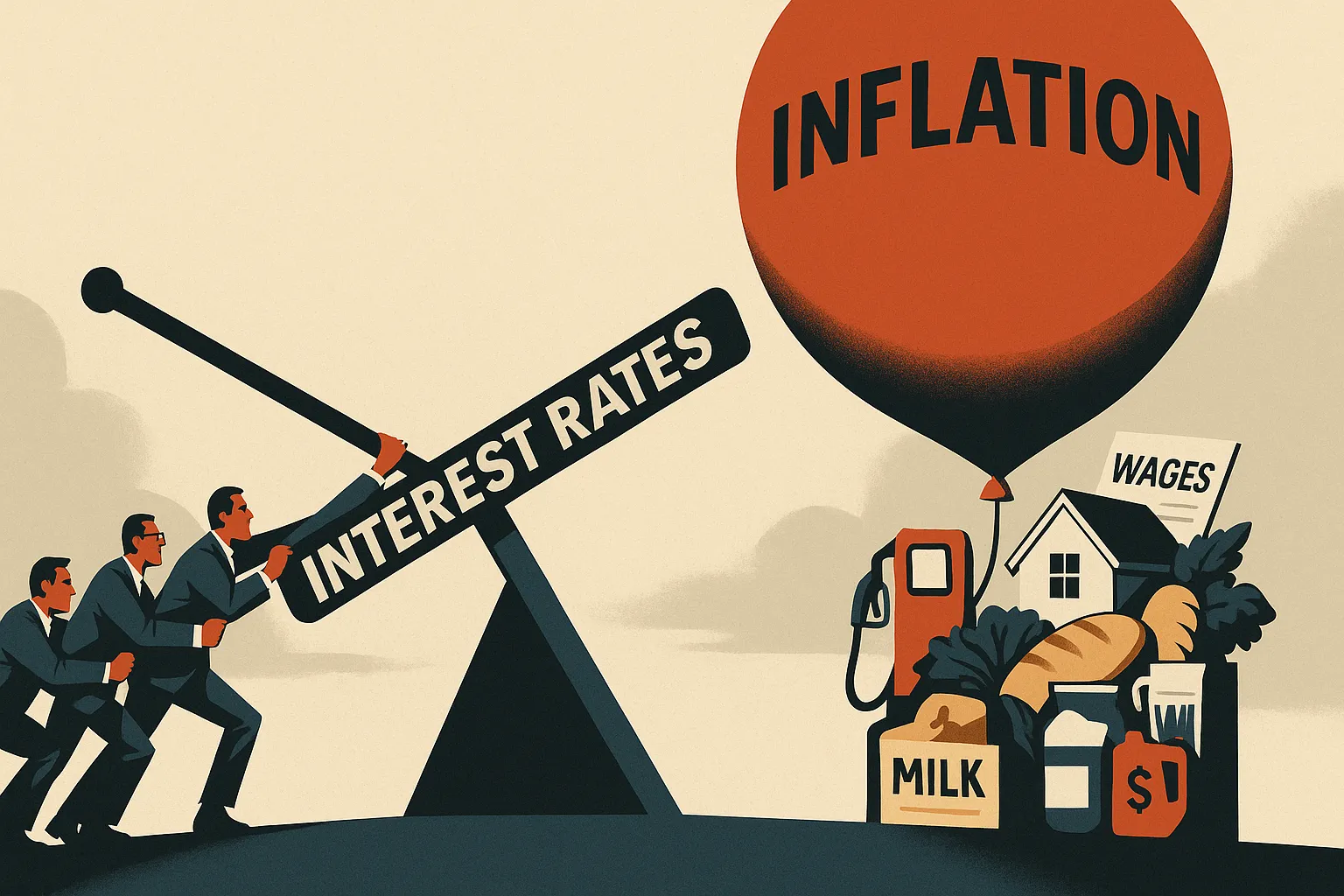What Are Pre-Tax Deductions? A Quick Guide

¹The following article is provided for educational purposes only and does not constitute personalized investment, tax, or legal advice. Any examples are hypothetical and for illustrative purposes only. Investing involves risk, and outcomes may differ materially from any projections or scenarios discussed. Readers should consult with a qualified financial, tax, or legal professional regarding their individual circumstances
According to the Bureau of Labor Statistics, nearly 70% of private industry workers have access to employer-sponsored retirement and health benefits. Yet many employees don’t fully understand how their paycheck is reduced before taxes are applied. A common myth is that deductions always reduce take-home pay—but in reality, pre-tax deductions often increase it by lowering taxable income.
This article explains what pre-tax deductions are, how they differ from post-tax deductions, and why they can be an important part of both day-to-day finances and long-term planning.
Key Takeaways
- Pre-tax deductions reduce taxable income, often lowering both federal and state income taxes.
- Common examples include 401(k) contributions, health insurance premiums, HSAs, FSAs, and commuter benefits.
- Post-tax deductions, such as Roth 401(k) contributions or charitable payroll deductions, don’t lower current taxable income.
- Pre-tax deductions can boost retirement savings and healthcare affordability, but they may also reduce future Social Security benefits slightly.
- Understanding payroll deductions helps employees make informed benefit elections each year.
Pre-Tax vs. Post-Tax Deductions
A pre-tax deduction is money taken out of an employee’s paycheck before income taxes are calculated. Because taxable income is lower, the employee may owe less in federal, state, and sometimes local taxes.
By contrast, post-tax deductions are withheld after taxes are applied. These don’t reduce taxable income but may still be important—for example, Roth retirement contributions, charitable donations, or wage garnishments.
So what? The timing of when taxes are applied can significantly affect both today’s paycheck and future benefits.
Common Types of Pre-Tax Deductions
The most familiar pre-tax deductions come from employer benefit programs. Examples include:
- 401(k) or 403(b) contributions – Retirement savings accounts funded before taxes.
- Health insurance premiums – Employer-sponsored medical, dental, and vision plans.
- Health Savings Accounts (HSAs) – Used with high-deductible health plans; funds can grow tax-free.
- Flexible Spending Accounts (FSAs) – For healthcare or dependent care expenses, with annual use-it-or-lose-it rules.
- Commuter benefits – Pre-tax funds for parking or transit, where available.
Hypothetical: An employee earning $60,000 per year contributes $6,000 to a 401(k). Their taxable income is reduced to $54,000, which can lower federal tax owed and increase take-home pay.
How Pre-Tax Deductions Affect Paychecks and Taxes
Pre-tax deductions shape both short- and long-term finances.
- Immediate effect: Lower taxable wages can reduce federal and state income tax withholding.
- Long-term effect: Retirement contributions can grow tax-deferred, potentially increasing retirement readiness.
- Trade-off: Lower reported wages may slightly reduce Social Security earnings credits, since contributions are based on taxable income.
Payroll Hypothetical Example
Consider two hypothetical employees earning the same $4,000 per month:
- Employee A has $400 deducted for a 401(k) and $200 for health insurance pre-tax. Their taxable income is $3,400.
- Employee B has no pre-tax deductions, leaving $4,000 taxable.
Assuming a 22% federal bracket, Employee A’s pre-tax deductions lower federal tax owed by roughly $132 each month—while also building retirement savings and covering health premiums.
Pre-tax deductions aren’t just line items on a paycheck—they’re a key part of a person’s financial picture. Understanding which deductions apply and how they influence both current taxes and future benefits helps employees make smarter benefit elections and retirement savings decisions.
How optimized is your portfolio?
PortfolioPilot is used by over 30,000 individuals in the US & Canada to analyze their portfolios of over $30 billion1. Discover your portfolio score now:






